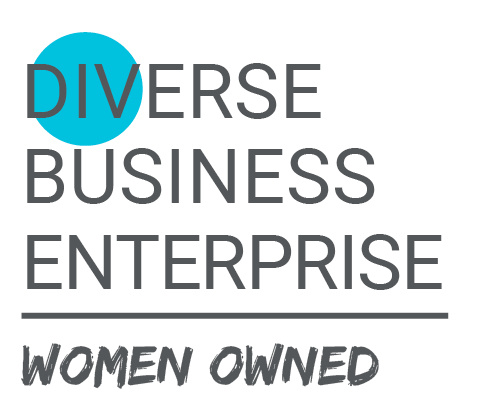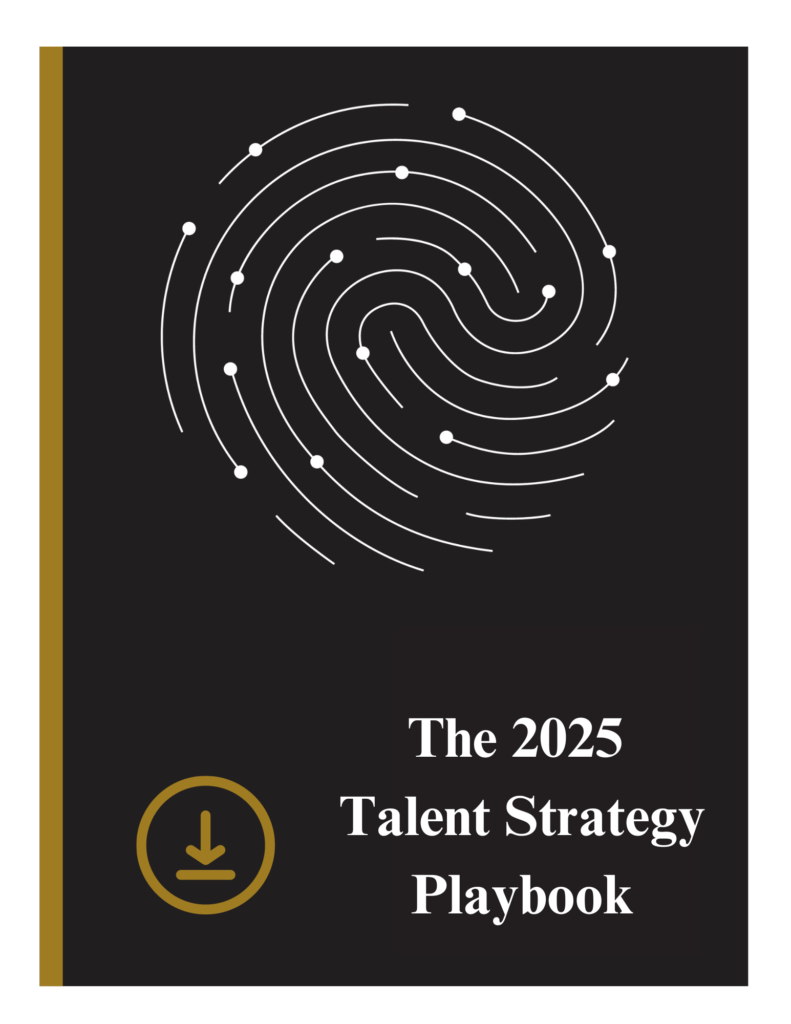When interviewing for a new job, it can be tricky to discuss the compensation component with a candidate, yet it is so important to make sure you are on the same page with the candidate that you are discussing the role with.
Typically, the best practice is to ask the candidate what their salary expectation is before giving the range you have in mind for the role. It’s important to get a good understanding of what they are looking for from a base + bonus + benefit standpoint and see if it is in your ballpark. Asking this question can be hard for candidates to answer but it helps you get an overall understanding of what motivates a candidate and creates alignment before moving along in the interview process.
Here are few tips to discuss compensation with a potential candidate:
- Job Description
When you start the search make sure you have a clear definition of what the role is and the expectations outlined in the job description. By doing this it will give the candidate the opportunity to see the responsibilities of the job. By having a clear and concise job description you can ensure that you are targeting candidates that meet your criteria. - Salary Research
Start out with doing research on salaries for the role. When doing this, look at your competitors, your geographic location, your annual revenue, and additional perks that a candidate may receive in addition to the base salary. - Thorough Phone Screens
Whether you are using a recruiting agency, or an in-house recruiter, make sure that they have a clear understanding of the role and requirements, so they source and vet the right candidates that meet the salary range. During these prescreen calls chat with the candidate about what they are looking for to make a move. - Start the Conversation
There are many ways you can discuss salary with your candidate. Below are a few examples of questions to use:
- What is your anticipated salary range for this position?
- In considering a potential transition, what are your compensation requirements and objectives?
- Could you kindly inform me of your compensation expectations in relation to the position we are offering?
- Please elaborate on your salary expectations and the range that you believe would align with your professional experience and qualifications.
- To move forward with the hiring process, it is essential for us to determine the compensation range that meets your expectations. Would you be able to provide insight into your desired salary range for this role?
In conclusion, discussing compensation with candidates is a crucial part of the hiring process, and while it may seem daunting at first, it does become easier with practice. Each conversation will be unique, but by approaching it with confidence and preparedness, the dialogue can flow more naturally. If you require assistance in the recruitment and negotiation process to secure the best candidates, please do not hesitate to seek our professional services. We are committed to providing you with the support you need to build a successful team.



















